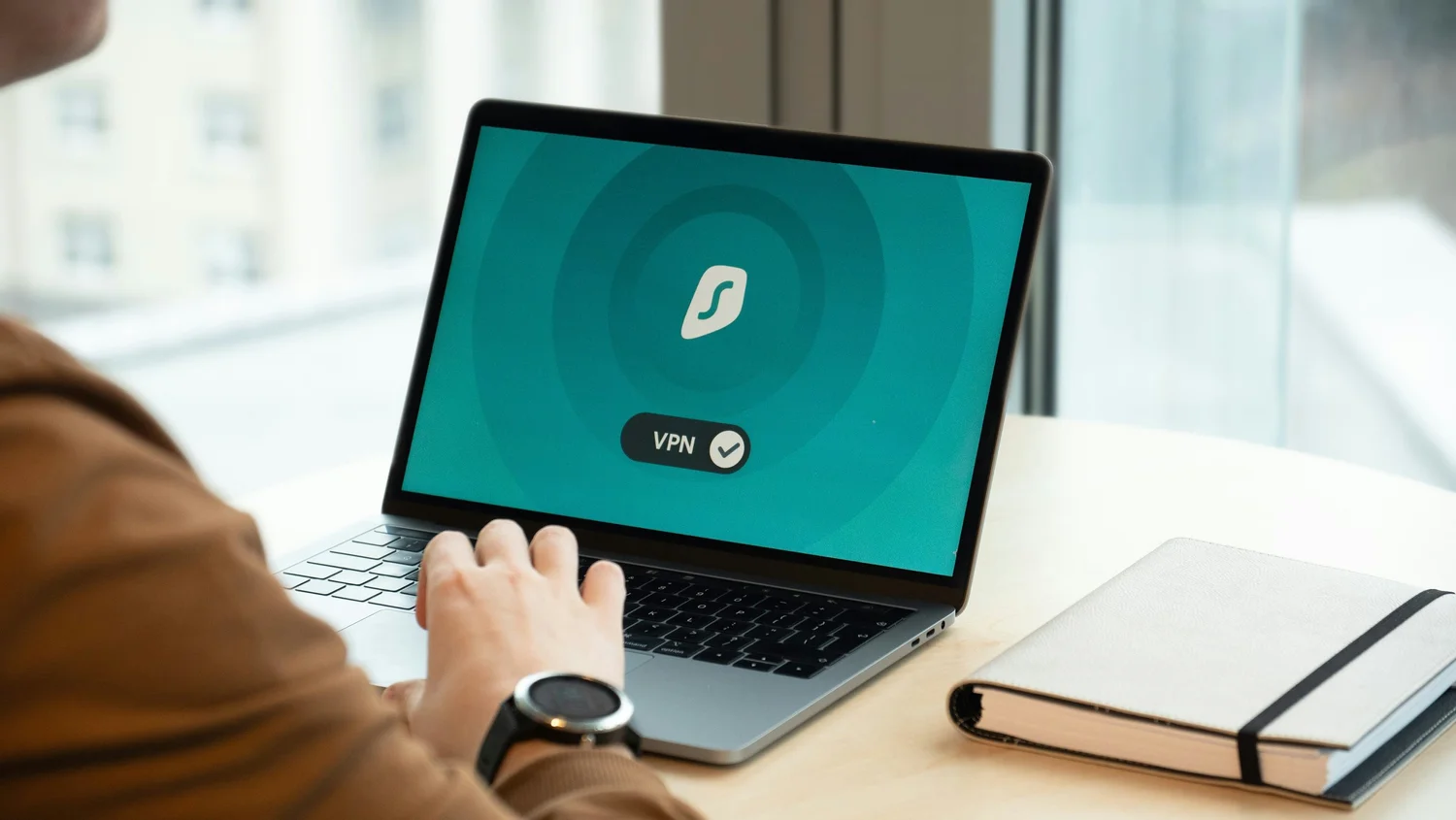Image: https://unsplash.com/photos/person-using-macbook-pro-on-white-table-FH2ZluV4_Fk
Mary, a business owner, has an e-commerce store online. She cares deeply about both her customers and her products on this faithful day. She received a suspicious email. Someone was trying to log in to her website. Currently, her customer data, including credit card numbers, is at risk. She has always been careful with her online security because this was the first time she had experienced such an issue. She had always used passwords and firewalls. After what happened, she realised her cybersecurity level needs an upgrade. This is where she thought of using a proxy, after a friend had told her about it. A proxy does more than hide your identity. They also boost your cybersecurity.
The Traditional Role of Proxies
A proxy is a go-between your computer and the internet. The purpose of using a proxy is to hide your original IP address. Let’s look at how it actually works:
Hide your Identity: Your computer gets a new IP address from a proxy. Your IP address and location will not be detected by the website you visit. A proxy makes you anonymous online.
Having access to content that is not allowed in your Location: Some websites are strict with geo-restriction. This means people from certain places can only visit them. But with a proxy, you can access this blocked content from anywhere in the world by changing your location. With a proxy, you can stream a football match in the Philippines from Dubai.
Data cached by proxy servers speeds up browsing. The proxy efficiently sends content from its cache when numerous people access the same page, improving browsing.
Proxy responsibilities include disguising your identity, but in cybersecurity, they go beyond that.
How Proxies Enhance Cybersecurity Beyond Anonymity
Proxy servers were mainly used to hide your identity in the past. But in today’s cybersecurity space, proxies go beyond that.
1. Stop Ad Fraud: Proxy servers can help stop fake ads by looking at the traffic patterns that are connected to ad fraud. In this manner, businesses can be sure they are just paying for legitimate ad revenue.
2. SSL interception: Proxy sites can read encrypted SSL/TLS data to look for security threats. By decrypting this information, they can look for anything bad in it. For extra safety, this checks all data, including protected information.
3. Change of IP Address: Proxies make it harder for hackers to target a specific person or system by changing IP addresses. DDoS (Distributed Denial of Service) attacks, which flood websites with excessive traffic, can be stopped with this method.
4. Monitoring suspicious Activity: Proxy servers can look at network data for patterns that point to suspicious activity.. By reporting unusual activity, proxies can help identify attacks before they cause damage.
Proxies and Cybersecurity in Different Industries
Proxies also help keep businesses safe in various industries. They are not just helpful to individuals. Proxies help industries boost their cybersecurity. Let’s look at how they do this:
E-commerce: Online stores protect credit card details and other personal data. Proxies protect an e-commerce business by blocking suspicious websites and unwanted traffic.
Finance and Banking Sector: Banks utilise proxies to secure internet transactions and prevent fraud. Proxy servers can stop phishing websites, monitor suspicious activity, and keep private financial information secure.
Government: Proxy servers are used by the government to protect national security and hidden information. People can’t access dangerous websites through proxy services, which can also monitor traffic for signs of hacking or spying.
Related Reading: Expanding Your Knowledge on Proxies
If you want to know how proxies can do more than just protect your identity, and if you are interested in learning more about proxies and cybersecurity, check out
blog posts on proxies. They offer more than just the basics, providing expert advice, valuable tips, and practical methods you can use right away. These articles demonstrate how proxies enhance your internet safety and success by protecting your private information and securing your systems.
Best Practices for Using Proxies in Cybersecurity
1. Always update your Proxy Server: Make sure that your proxy services have the most recent security patches by keeping them up to date.
2. Choose a good proxy service. Not all proxies are the same. Choose a proxy service you trust to provide the best security.
3. Combine Proxies with Other Security Tools: Proxies are great, but they work best when used alongside other security measures like firewalls and antivirus software.
4. Make Sure They’re Set Up Correctly: Make sure your proxies are set up correctly so they block harmful material and work as they should.
Conclusion
Proxy servers do more than just hide you; they also keep you safe. When it comes to Mary, a proxy is like a smart guard at the gate. It keeps her store going and blocks bad visitors. Set up your proxy the right way and make sure it’s always up to date. To keep your online life safer, use strong passwords, firewalls, and protection software. A proxy is also a good idea.



